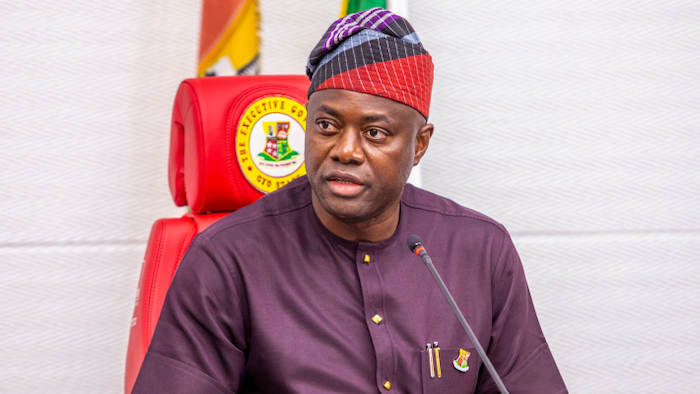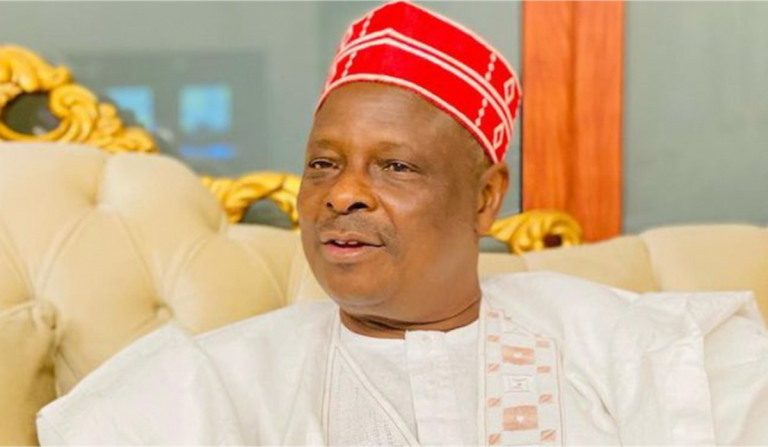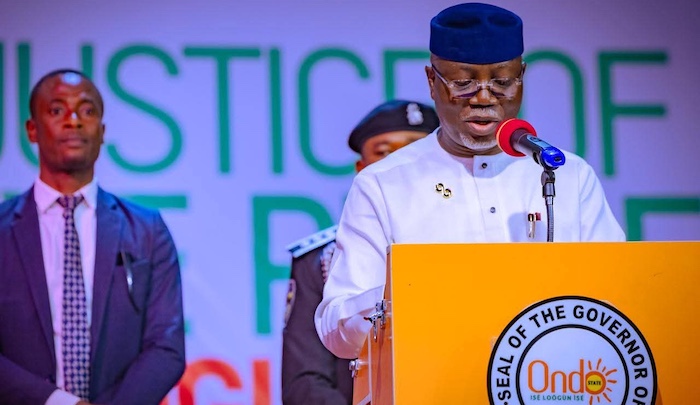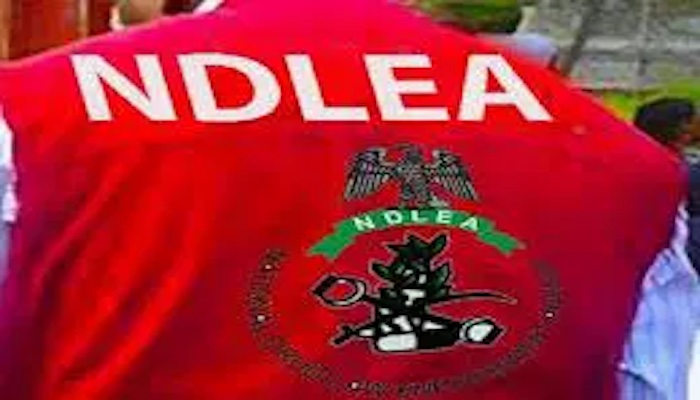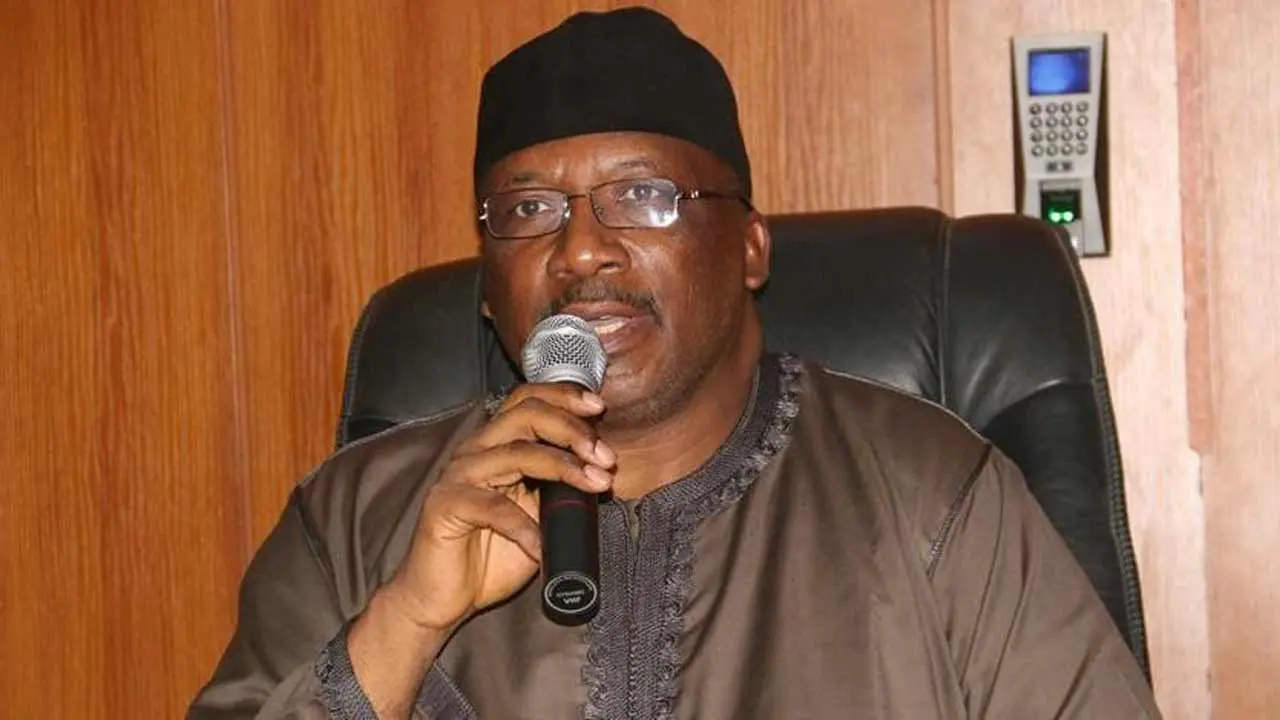
A former Chief of Army Staff Lt.-Gen. Abdulrahman Bello Dambazau (Retd), has provoked a fresh controversy on the killing of Boko Haram Founder, Mohammed Yusuf after being arrested by the military in the North East, describing it as
police error in 2009.
According to him, the insurgency witnessed especially in the North-East was due to a failure of policing that spiralled into one of Nigeria’s worst security crises.
Dambazzau, also a former Minister of Interior, spoke in his keynote address delivered in Abuja on Tuesday at 7th Annual Lecture of the Just Friends Club of Nigeria (JFCN), with the theme, “Nigeria’s Security Challenges and the Quest for National Cohesion: A New Paradigm for Internal Security Architecture and Governance.”
The event was chaired by a renowned broadcast, former Director-General of the Nigerian Television Authority (NTA) and Founder of Tonnie Iredia University in Benin City, Prof Tonnie Iredia.
Dambazau, who led the Nigerian Army during the early years of the Boko Haram uprising, recalled how a simple enforcement of a crash-helmet law by police officers in 2009 turned into one of Africa’s deadliest insurgencies.
He said the crisis that began in Maiduguri as a minor confrontation between the police and followers of the late Mohammed Yusuf grew into a full-blown insurgency due to poor handling, weak governance, and lack of accountability.
His words, “I want to note this that some of the things happening today, if we had police that have been effective in law and order enforcement several years back, some of the things we are experiencing today would not happen. This is because most of these issues started as very local issues, issues that could be handled through law enforcement alone.
“I can tell you Boko Haram started as a local issue. An issue, you know, that was triggered by a law on wearing a crash-helmet. The government said every motorcyclist must wear crash-helmets.
“And this was what happened. When some of the boys of Mohammed Yusuf were on their way to bury one of the dead among them, they were not wearing the crash-helmets.
“The police then confronted them. And when that happened, there was fracas. I think the police shot a couple of them, someone wounded, one or two died. So, Mohammed Yusuf swore that he would take revenge. And a few weeks later, they started attacking police stations.”
The former COAS said the late President Umaru Musa Yar’ Adua ordered a military operation to dismantle the Boko Haram enclave in Maiduguri.
“I was in China. I got a call that they said we should clear the enclave and that we did. After we cleared the enclave, we arrested Mohammed Yusuf and quite a number of them. But of course, as military, we were not supposed to hold them.
“We were supposed to hand them over to the police. And that was what we did. We handed them over to the police. But unfortunately, the police executed them in front of the camera. That was taken all over the world and that was the beginning. Some of them who escaped went underground and used those images to attract sympathy.
“And that was how they recruited people. So it was a local issue that could have been solved locally.”
Turning to banditry in Zamfara and other parts of the North-West, Dambazau said the crisis was a direct consequence of years of neglect, poverty, and the collapse of local governance.
He decried the widespread deployment of soldiers for routine policing duties, saying this had eroded their constitutional role of defending territorial integrity.
“You cannot solve insecurity by bullets alone. The roots of banditry lie in unemployment, hunger, lack of education, and weak local administration. We have overstretched the military because the police, who are supposed to handle internal security, are underdeveloped and politicised.
“The military is now everywhere doing roadblocks, checkpoints, and policing. That’s not what they are trained for. Meanwhile, Governors keep building roads but neglect education and healthcare, which are the real foundations of human security.”
The former Minister also indicted both the executive and legislative arms for mismanaging security budgets.
He said despite the billions allocated yearly to security, the threats persist because of leakages and misplaced priorities.
According to him, many items in the defence budgets are contractors-driven and often inserted by lawmakers without consultation with the services, saying ‘sometimes, the items are irrelevant to operational needs.
Dambazau lamented that barely 40 per cent of most approved security budgets are released, adding that “investment in the military alone will never solve Nigeria’s problem if we do not invest in people.”
He also dismissed recent Western narratives of Christian genocide in Nigeria, describing them as propaganda designed to manipulate global perception.
“America does not protect anyone’s interest; they protect theirs. Nigeria must therefore define and defend her own interests”, he said.
A former Chief of Policy and Plans, Nigerian Air Force, Air Vice Marshal, Gbolahan Adekunle (Retd), lamented the demoralisation of security personnel and the waste of resources spent on training officers who are retired too early.
He argued that Nigeria’s security challenges have been worsened by an all-government, no-mission approach, where policies are reversed arbitrarily and coordination among institutions is weak.
Adekunle said, “It costs about $114 million to train one officer for strategic-level deployment,” he said. Yet, within six years after such training, many are retired. That’s how we keep losing our best hands.”
He cited a 2024 incident in Gwoza, Borno State, where three radicalised teenage girls returned home after months of disappearance only to detonate bombs in public place.
“We are not fighting an army on the battlefield. We are fighting an enemy that operates in the minds of our children where young girls can be radicalised, tied with explosives, and sent into markets and mosques”, he said.
A Professor of Strategic Management at Nnamdi Azikiwe University, Akwa,
Okey Ikechukwu, said the persistent disconnection between government and citizens had weakened public cooperation in intelligence gathering.
Ikechukwu faulted the culture of blaming the military while ignoring civilian leadership failure while also accusing the global arms trade of sustaining conflicts in Africa.
The President of the Just Friends Club of Nigeria (JFCN), Fred Ohwahwa, expressed concern over recent threats of military invasion in Nigeria by the President of the United States, Donald Trump.
He, however, urged Nigerians to confront insecurity decisively so that no foreign power will have any excuse to interfere.
Ohwahwa reaffirmed the club’s commitment to promoting national dialogue, civic responsibility, and collective engagement in addressing Nigeria’s pressing challenges.
Friday Olokor
